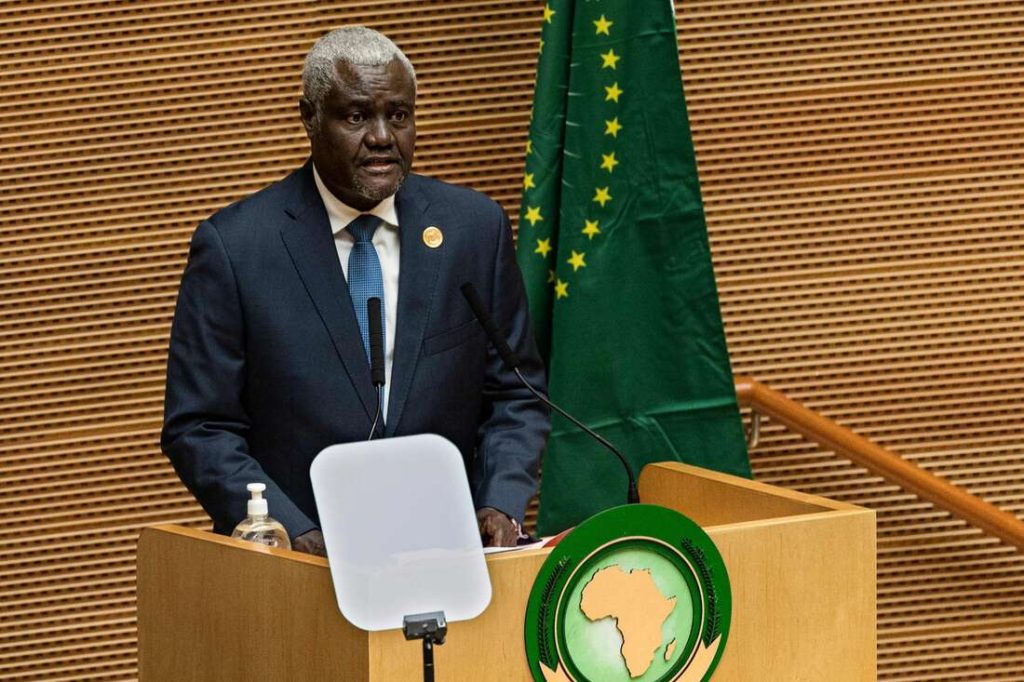The African Union Commission recently found itself caught up in a troubling case of cybercrime. Fraudsters used artificial intelligence to impersonate Moussa Faki, the chairperson of the African Union Commission, leading to a series of deceptive activities that raised serious concerns.
Mr. Faki often communicates with global leaders through formal letters known as notes verbale, which are standard for scheduling meetings. However, this time, scammers went a step further. They not only faked his voice but also made several video calls to European leaders, pretending to be him and attempting to arrange discussions.
The culprits created fake email accounts, posing as the AU’s deputy chief of staff. This allowed them to reach out to foreign leaders in a bid to set up calls with Mr. Faki, all while using deepfake technology to alter videos and mimic his appearance and mannerisms.
Ebba Kalondo, Mr. Faki’s spokesperson, confirmed that these pranksters succeeded in holding video calls with various European leaders. The sophistication of their tactics raised alarms within the AU Commission.
In a statement, the Commission expressed regret over these incidents and emphasized that they only use official diplomatic channels to communicate with other governments, primarily through their embassies in Addis Ababa. Ms. Kalondo tweeted that the AU is committed to following diplomatic protocols, reiterating the exclusive use of notes verbale for high-level engagement.
While the exact intentions of the fraudsters remain unclear, the AU labeled their fake emails as “phishing.” This suggests that the scammers might have aimed to steal identities to access sensitive information.
The use of deepfakes, which involves advanced AI technology to create realistic videos of someone saying or doing things they never actually did, is becoming more common. Unfortunately, this technology is also exploited by malicious actors to spread misinformation and deception, posing a growing threat in our digital age.




















